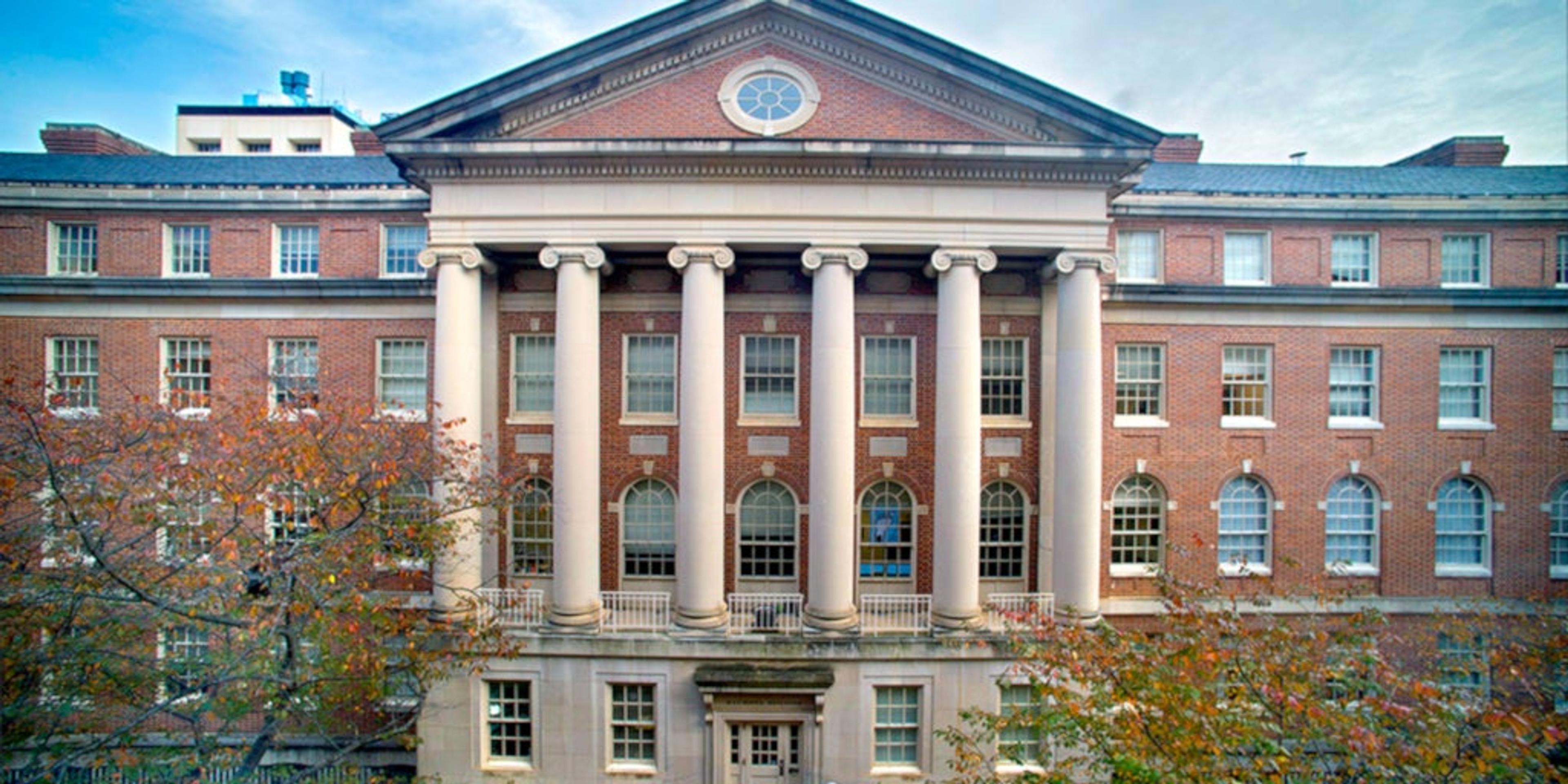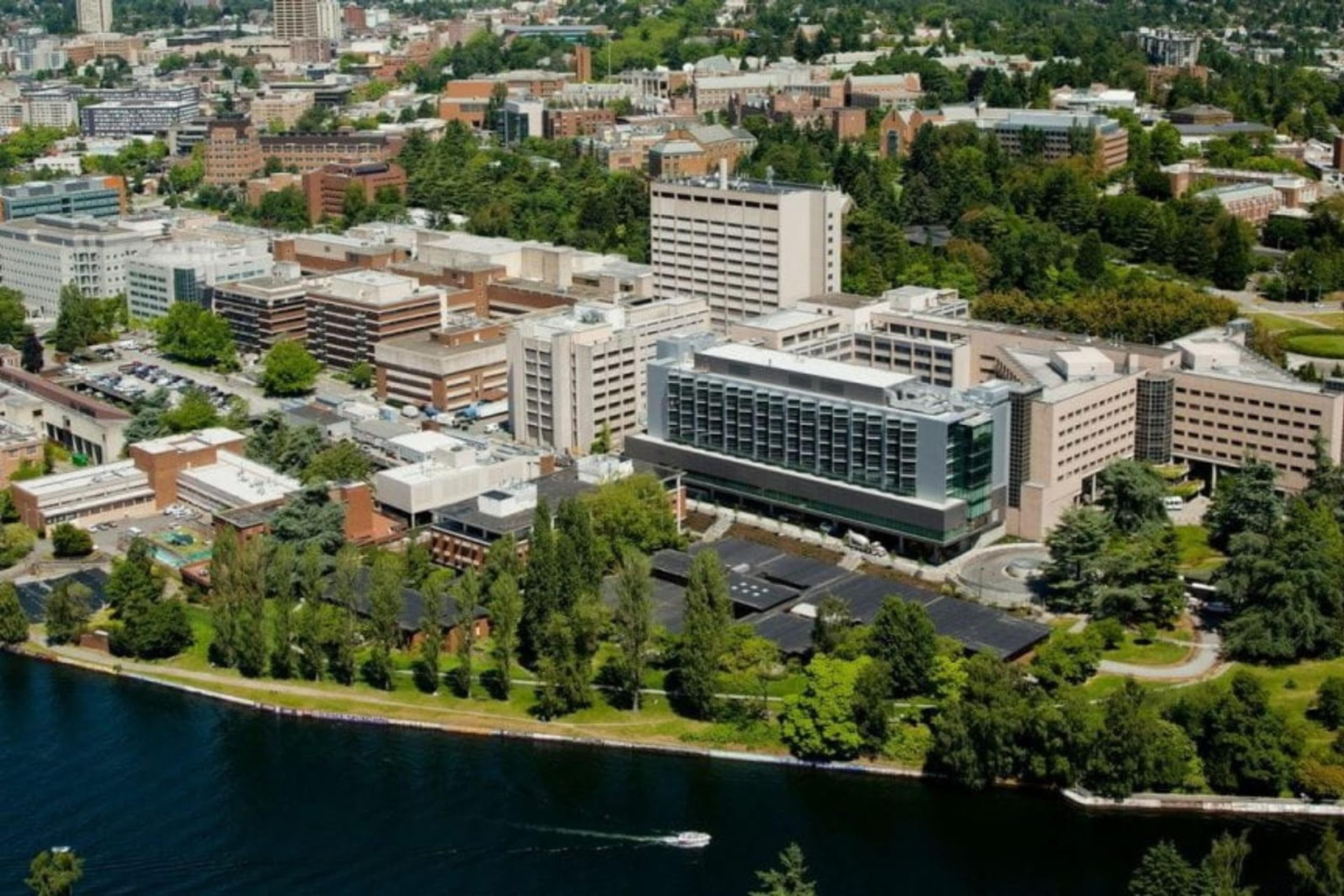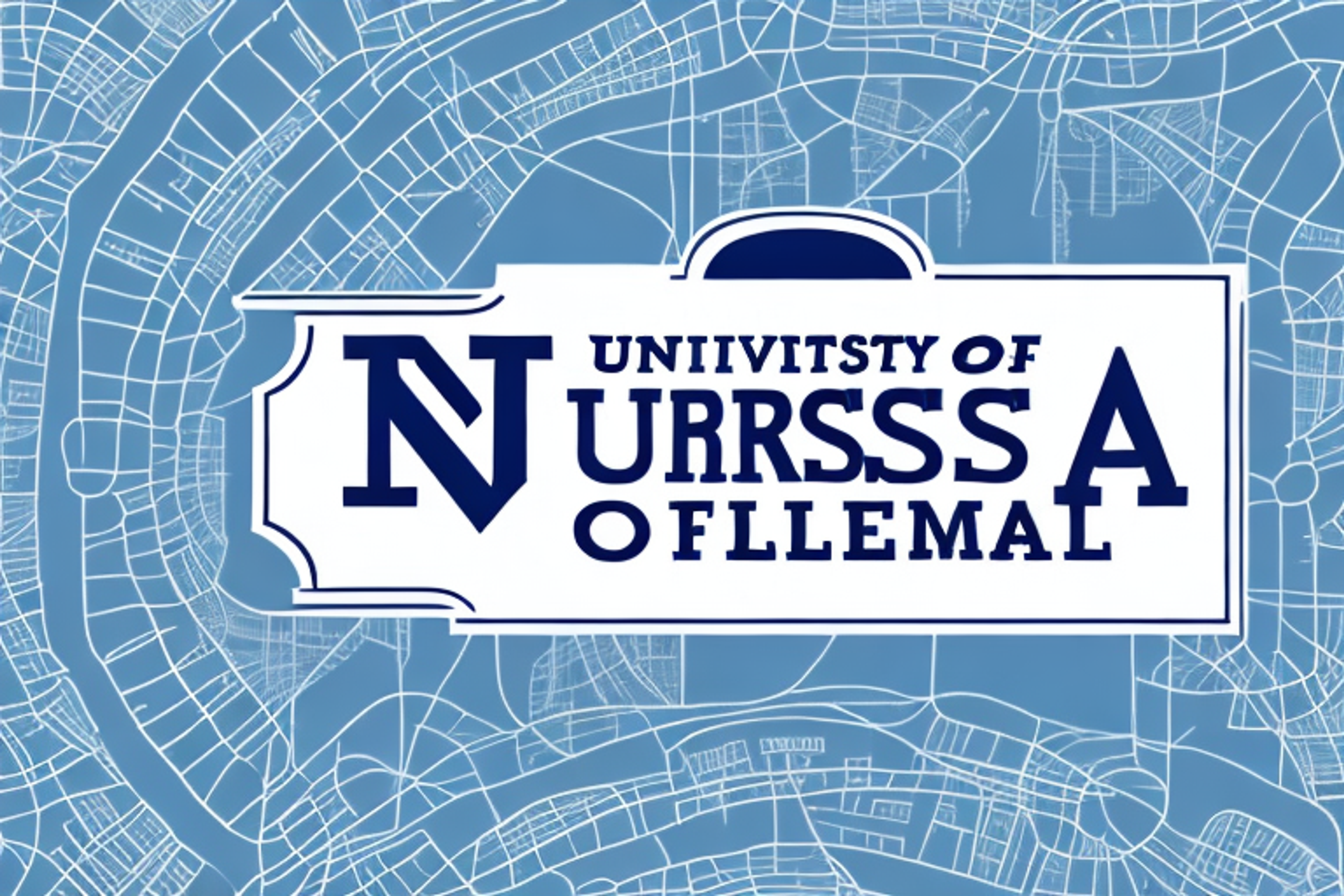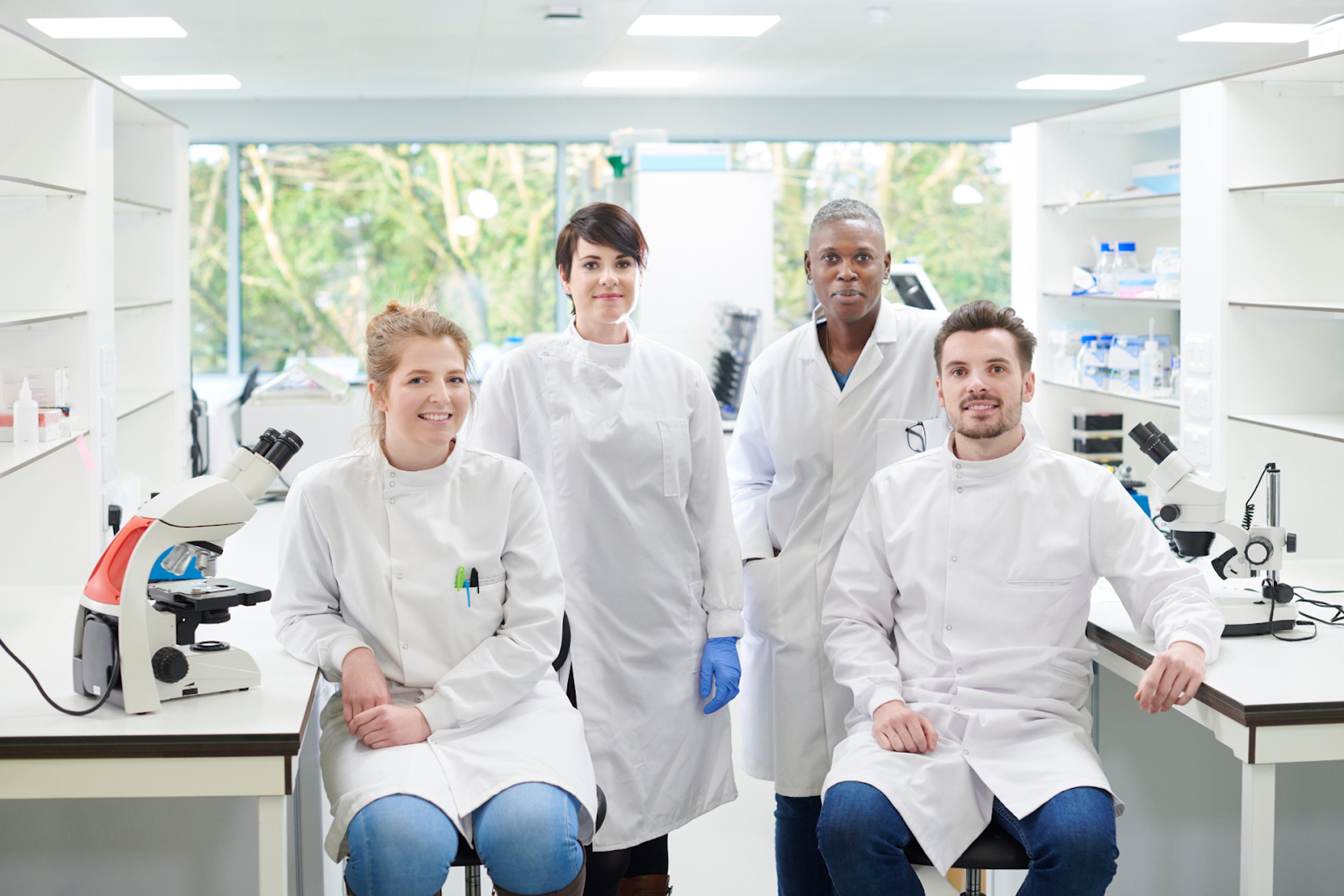Medical School Acceptance Rates: What You Need to Know and How to Improve Your Chances
Are you considering applying to medical school? Learn about the acceptance rates and what you can do to increase your chances of getting accepted.
Posted April 10, 2025

Table of Contents
Free Event

Featuring Jaspreet K.
Ask Me Anything: Medical School Applications
Starting Friday, April 25
12:00 AM UTC · 30 minutes

Featuring Jaspreet K.
If you're considering applying to medical school, one of the most important factors to keep in mind is acceptance rates. Your chances of getting accepted into a medical program can vary greatly depending on a number of factors, including your academic record, test scores, and experience in the field.
Understanding the Importance of Acceptance Rates in Medical School
Acceptance rates play a crucial role in medical school admissions because they determine the number of students who will be accepted into a program. If you're applying to a highly competitive program, you'll need to work harder to stand out from the crowd and make yourself a desirable candidate.
One important thing to keep in mind is that acceptance rates can vary widely between different medical schools. Some schools may have acceptance rates as low as 2%, while others may accept up to 20% of applicants. It's important to research the acceptance rates of the schools you're interested in and apply to a range of programs to increase your chances of acceptance.
Another factor to consider is that acceptance rates may be influenced by a variety of factors, such as the number of available spots in a program, the qualifications of the applicant pool, and the preferences of the admissions committee. It's important to understand these factors and tailor your application accordingly, highlighting your strengths and addressing any weaknesses in your academic or professional background.
Factors that Affect Medical School Acceptance Rates
There are many factors that can affect medical school acceptance rates, including the size and reputation of the program, the qualifications of the applicants, and the availability of spots in the program. Admissions committees will be looking for candidates who have a strong academic record, relevant experience in the field, and a passion for medicine.
Another important factor that can affect medical school acceptance rates is the applicant's personal statement. This is an opportunity for the applicant to showcase their personality, values, and motivation for pursuing a career in medicine. Admissions committees will be looking for applicants who have a clear understanding of the challenges and rewards of a career in medicine, and who can articulate their goals and aspirations.
In addition, the interview process can also play a significant role in determining medical school acceptance rates. Interviews provide an opportunity for admissions committees to assess an applicant's communication skills, professionalism, and overall fit for the program. Applicants who are able to demonstrate their passion for medicine, their ability to work well with others, and their commitment to lifelong learning are more likely to be accepted into medical school.
Analyzing the Statistics: Average Acceptance Rates for U.S. Medical Schools
In recent years, the average acceptance rate for US medical schools has been around 40%. However, this can vary significantly depending on the program. Some highly competitive programs may have much lower acceptance rates and may require candidates to have exceptional qualifications and experience in order to be considered.
It is important for prospective medical students to research and understand the acceptance rates of the programs they are interested in applying to. Additionally, factors such as the applicant pool, geographic location, and program size can also impact acceptance rates. It is recommended that students apply to a range of programs to increase their chances of acceptance.
Tips for Improving Your Chances of Getting into Medical School
If you're looking to improve your chances of getting into medical school, there are several things you can do. This includes taking challenging coursework in the sciences, gaining relevant experience through research projects, internships, and volunteer work, and networking with professionals in the field.
Another important factor to consider is your GPA. Medical schools typically look for applicants with a strong academic record, so it's important to maintain a high GPA throughout your undergraduate studies. Additionally, you may want to consider taking additional courses in areas such as anatomy, physiology, and biochemistry to further demonstrate your commitment to the field.
It's also important to prepare for the Medical College Admission Test (MCAT). This standardized test is a crucial component of the medical school application process, and a high score can greatly improve your chances of acceptance. Consider enrolling in a test preparation course or utilizing study materials to help you prepare for the exam.
Preparing for Medical School: Coursework, Extracurriculars, and Volunteer Work
Medical school admissions committees are looking for candidates who have a strong academic record, as well as experience that demonstrates their commitment to the field. This can include coursework in the sciences, relevant extracurricular activities, and volunteer work that showcases their passion and dedication to the field of medicine.
One way to gain relevant experience is to shadow a physician or healthcare professional. This can provide valuable insight into the day-to-day responsibilities of a medical professional and help you determine if this is the right career path for you. Additionally, participating in research projects or internships can also demonstrate your dedication to the field and provide opportunities to develop important skills.
It's important to note that while academic achievement is important, medical schools also value well-rounded candidates who have diverse experiences and interests. Pursuing hobbies or interests outside of the medical field can showcase your unique perspective and make you stand out as a candidate. Ultimately, the key to preparing for medical school is to find ways to demonstrate your passion and commitment to the field, while also pursuing a well-rounded education and life experience.
The Role of GPA and MCAT Scores in Admissions Decisions
GPA and MCAT scores are two of the most important factors that admissions committees consider when evaluating candidates. These scores can give admissions committees a sense of your academic capabilities and potential, and can help them determine whether or not you're a good fit for their program.
However, it's important to note that GPA and MCAT scores are not the only factors that admissions committees consider. They also take into account your personal statement, letters of recommendation, extracurricular activities, and any relevant work or research experience. These factors can provide a more holistic view of your qualifications and potential as a student.
Additionally, while high GPA and MCAT scores can certainly improve your chances of being accepted, they are not always the most important factor. Admissions committees may also prioritize diversity, unique experiences, and a strong fit with the program's mission and values. So, while it's important to strive for academic excellence, it's also important to showcase your individual strengths and qualities in your application.
Crafting a Strong Personal Statement for Your Medical School Application
Your personal statement is an important part of your medical school application, as it allows you to showcase your personality and explain why you're a good fit for the program. A strong personal statement should be well-written, concise, and demonstrate your passion for medicine.
Navigating the Interview Process: What to Expect and How to Prepare
If you're invited to interview for a medical school program, it's important to be prepared. This will involve researching the program, practicing answers to common interview questions, and presenting yourself as a confident and capable candidate.
Exploring Different Types of Medical Schools: MD vs DO Programs
There are two main types of medical programs in the US: MD and DO programs. While both lead to careers in medicine, there are some key differences between the two, including the types of patients they treat and the philosophies behind their practice.
Considering International Medical Schools: Pros and Cons
International medical schools can offer an alternative route to becoming a doctor, but there are some important things to consider before applying. These include the quality of the program, the cost of tuition and living expenses, and the transferability of qualifications back to the US.
Understanding the Importance of Clinical Experience in Your Application
Clinical experience is a key part of any medical school application, as it demonstrates your practical skills in the field. This can include shadowing a doctor, volunteering at a hospital, or participating in medical research projects.
The Impact of Diversity on Medical School Admissions
Diversity is an important consideration in medical school admissions because it allows programs to better serve a variety of patient populations. Candidates who come from diverse backgrounds or have experiences working with diverse communities may be particularly attractive to admissions committees.
Applying to Multiple Schools: Strategies and Considerations
If you're applying to multiple medical schools, it's important to have a clear strategy in place. This can include creating a list of programs that align with your interests and qualifications, tracking application deadlines, and tailoring your application to each program.
Preparing for Rejection: Coping with Disappointment and Moving Forward
Rejection is always a possibility when applying to medical school, but it's important not to let it get you down. If you receive a rejection letter, take time to reflect on the reasons why and look for ways to improve your application in the future. Remember that the journey to becoming a doctor is a marathon, not a sprint.
In conclusion, understanding the importance of acceptance rates in medical school admissions and taking steps to improve your chances is crucial if you want to secure a spot in a top program. By focusing on your academic record, experience in the field, and commitment to medicine, you can demonstrate your potential to admissions committees and increase your chances of success.











